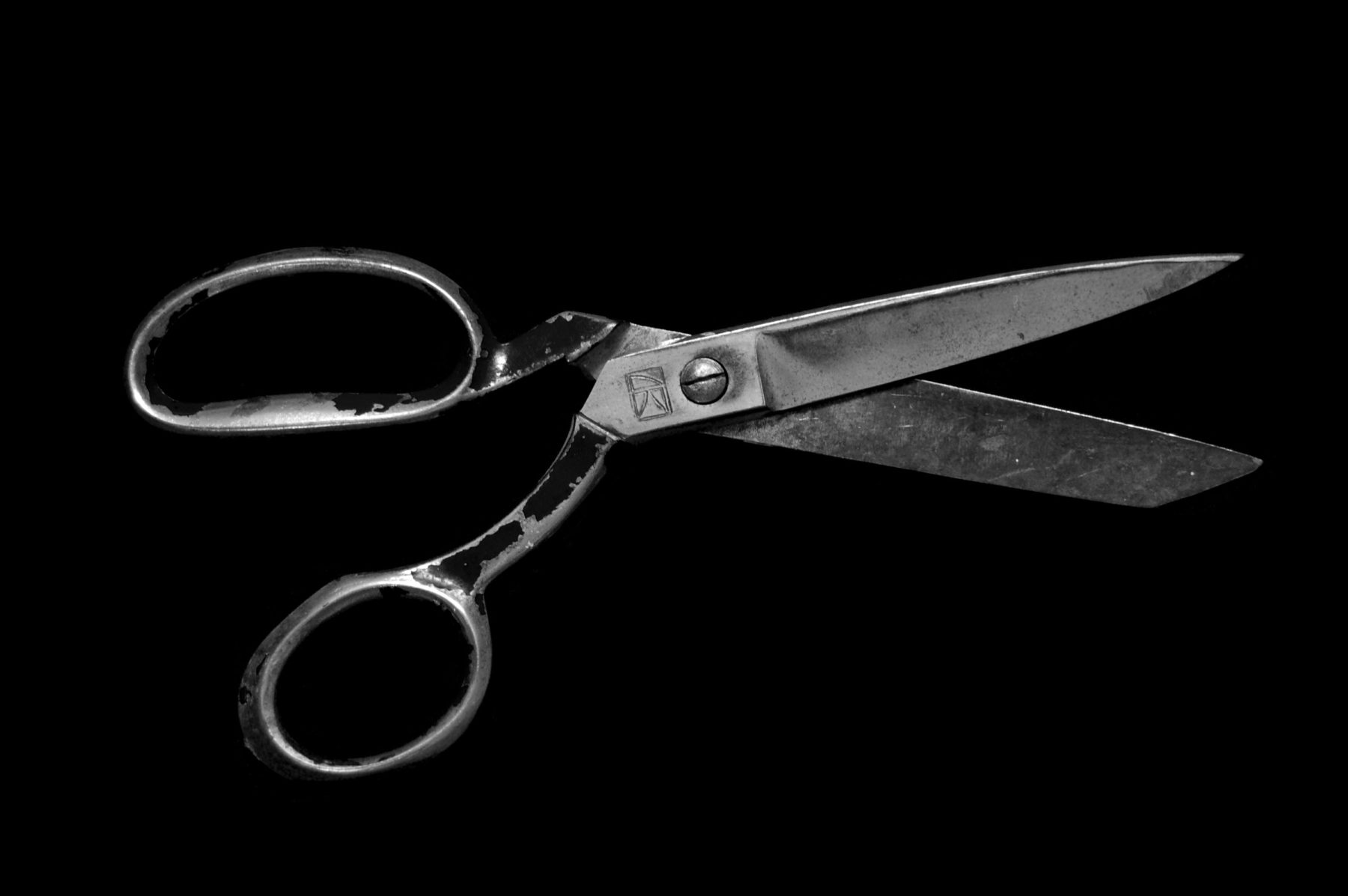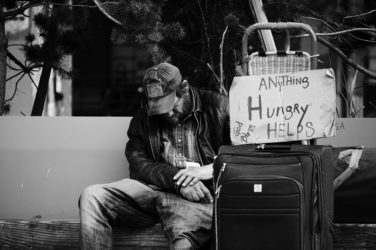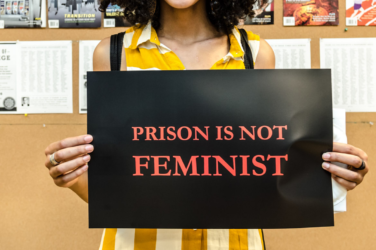I have a factory-floor job here in Montreal, Canada. I wake up each morning at 5 am for what is supposed to be an eight-hour day. It stretches to 12 hours when you count a three-hour Metro transportation round-trip and endless stairs. My job is to cut fancy-looking satin fabrics to be made into clothing. Unfortunately, I labor through it with piercing back pain that dates back years.
When fully switched on, the pain feels like needles. To ease it, a doctor prescribed me two sets of pills: acetaminophen and naproxen. I dread to look at the labeling. It warns: “Taking more than the recommended dose for more than two weeks may cause liver damage.”
Four months in, I am bingeing them in defiance.
Why? Partly because, as a refugee from Zimbabwe, I need this grueling job so I can afford to pay a monthly medical insurance premium—for the cheapest, most minimal cover—and thus obtain the pills affordably. It´s a vicious circle: hard job, monthly CA$80 medical insurance payment, pills that don’t adequately reduce my pain if I take them as prescribed, and recurrent back pain, exacerbated by my job.
It is one year since I arrived in Canada. In Zimbabwe, I worked part-time in a mine, pounding and crushing quarry stones. That´s the origin of my back problem.
At the moment, the pain most often flares up by midweek, after a couple of days’ work. The agonizing heat flowing through my veins makes the pills impotent. I’ll curse the very nature of refugee labor jobs, together with Metro transportation. The train before dawn is typically where the pain first kicks in. Then I have to run up concrete stairs to grab the last seat on my bus, because I know that having to stand during the ride will be unbearable for my back. The running does my spine no good either, but do I have a choice?
The acetaminophen pills are becoming a problem for me. I notice how I am now tempted to swallow them all the time—even for a minor factory injury like a scrape from fabrics scissors, when a clean bandage is all I really need.
If I take just one day off to nurse my back, CA$80 is severed from my weekly paycheck.
In my mid-30s, I know that in the long term this could be catastrophic for me. But here is something I want you to understand. I force myself to endure this pain daily because, as a refugee, I need this factory floor job more than any other soul.
I need it for my self-esteem, to avoid being a refugee who survives on public welfare funds. I dread to be seen as a “burden” to this wonderful country that has taken me in and sheltered me in my hour of need. I felt great joy at finding a steady job, as a refugee, and being able to support myself, even if this feeling is much diluted by my pain. That’s one reason I press on, despite the consequences.
Another reason is that my extended family in Africa needs the money that I send them. Zimbabwe, where they still live, is a broken country. Public clinics there don’t have even basic drugs for pain or fever. Cholera outbreaks highlight the failures of the state. People hang onto old US dollar bills as the local currency suffers rampant inflation.
If I give in to back pain here, my family will suffer over there. Again, do I have a choice?
I have tried to be clever around my grim reality. The doctor asked me to swallow two pills when I get pain. Instead, I use a salad knife to split the pills into fragments and consume half a pill at one go. This is almost certainly just foolishness on my part; taking too much of the medication is still likely to add up.
Unlike middle-class employees, who can often show up to work at a flexible hour, we risk being fired on the spot for being 10 minutes late.
I am far from alone in this trap of poverty, grinding work and pain. On the bus and in the factory I see women, immigrants like me, sitting or packing boxes of shorts with back bracelets strapped around their waists, toughing it out with a cold grin. They are barely in their 40s, but they tell me their backs are finished.
Unlike middle-class employees, who can often show up to work at a flexible hour, we risk being fired on the spot for being 10 minutes late. At my factory, I have seen conveyor-belt teams of up to 10 laborers showing up to start a new job, only to be discarded by their employers in the same week. My own fear of being sacked makes me show up even when my back pain is intense.
In my factory, no intelligible literature spelling out “leave days” is available. I only guess that public holidays and Christmas are my proper “leave days.”
If I take just one day off to nurse my back, CA$80 is severed from my weekly paycheck (it happened this week). The money equals my monthly heating bill—or that health insurance premium. That’s why I must defy my back pain this weekend and take an extra one-day job at a car-spray workshop.
This is the dilemma of many refugees and other low-income workers. Physically hard jobs—for example in the construction industry—combined with lack of provision of sick leave and other breaks expose us to chronic pain and a higher risk of addiction.
I want to be a taxpayer and not a burden. What I earn here in Canada keeps lights on, food on the table, and school fees paid for my family in Africa. I am their hope.
But people like me yearn so much to be allowed to take medical days off from our factory jobs without seeing our wages slashed.





Show Comments